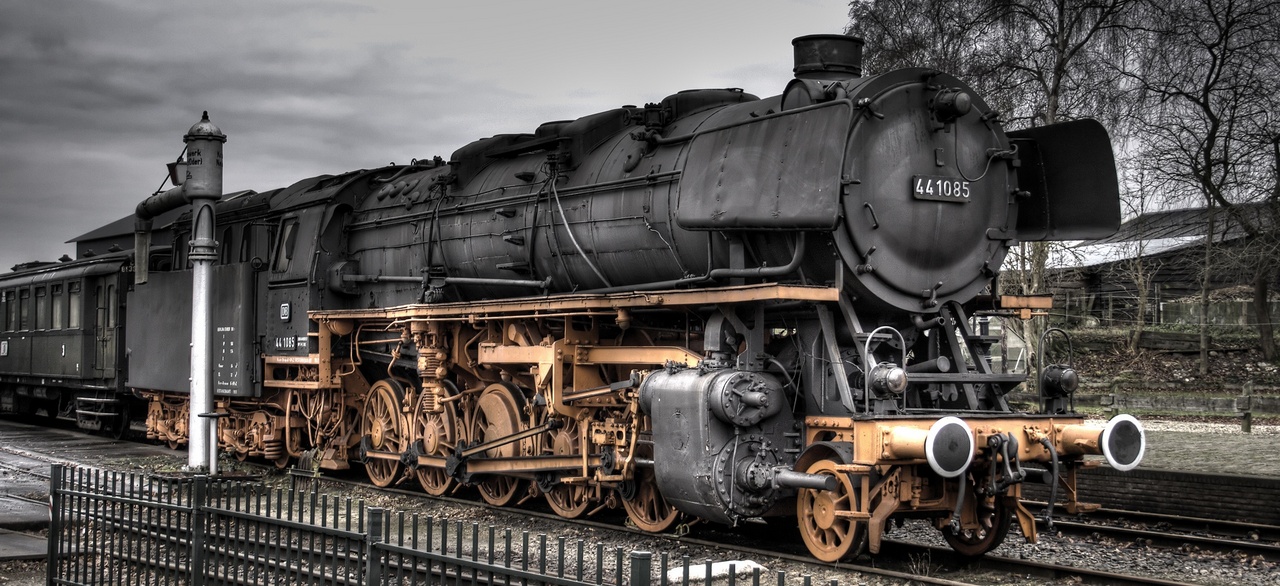The Earthquake Prophecy in year 1842, which was to have come and have demolished St. Paul’s Cathedral, and the neighbourhood for miles around, disappointed the credulous Irish in the regions of St. Giles’s. The Standard says that the scene witnessed in the neighbourhoods of St Giles’s and Seven Dials during the whole of the day was perhaps the most singular that has presented itself for many years.
The Earthquake Prophecy in year 1842
Many of the Irish resident in those localities have left for the shores of the Emerald Isle, but by far the larger number, unblessed by the world’s goods, have been compelled to remain where they are, and to anticipate the fearful event which was to engulf them in the bowels of the earth. The frantic cries, the incessant appeals to Heaven for deliverance, the invocations to the Virgin and saints for mediation, the heart-rending supplications for assistance, heard on every side during the day, sufficiently evidenced the power with which this popular delusion had seized the minds of those superstitious England people.
Irish resident, mediation
Towards the close of the day a large number of them determined not to remain in London during the night, and with what few things they possessed took their departure for what they considered more favoured spots. Some violent contests arose between the believers and the sceptics, contests which in not a few cases were productive of serious results.
The poor Irish, however, are not the only persons who have been credulous in this matter: many persons, from whom better things might have been expected, were amongst the number who left London to avoid the threatened catastrophe.
To the Gravesend steam-boat companies the ‘earthquake’ proved a source of immense gain; and the same may be said with regard to the various railways. Long before the hour appointed for the starting of steam boats from London Bridge Wharf, Hungerford Market, and other places, the shore was thronged by crowds of decently-attired people of both sexes, and, in many instances whole families were to be seen with an amount of eatables and drinkables which would have led one to suppose that they were going a six weeks’ voyage.
About eleven o’clock the Planet came alongside the London Bridge Wharf, and the rush to get on board of her was tremendous, and in a few minutes there was scarcely standing room on board. The trains on the various railways were, throughout the whole of Tuesday and Wednesday morning, unusually busy in conveying passengers without the prescribed limits of the metropolitan disaster.
To those who had not the means of taking trips to Gravesend or by railway, other places which were supposed to be exempted from the influence of the ‘rude commotion’ about to take place, were resorted to. From an early hour in the morning, the humbler classes from the east end of the metropolis, sought refuge in the fields beyond the purlieus of Stepney.
On the north, Hampstead and Highgate were favoured with a visit from large bodies of the respectable inhabitants of St. Giles’s and Primrose Hill also was selected as a famous spot for viewing the demolition of the leviathan city. The darkness of the day and the thickness of the atmosphere, however, prevented it being seen.

